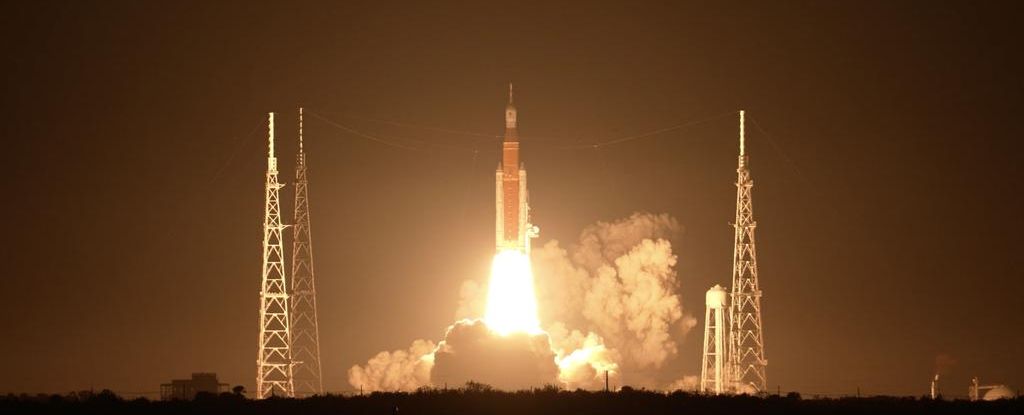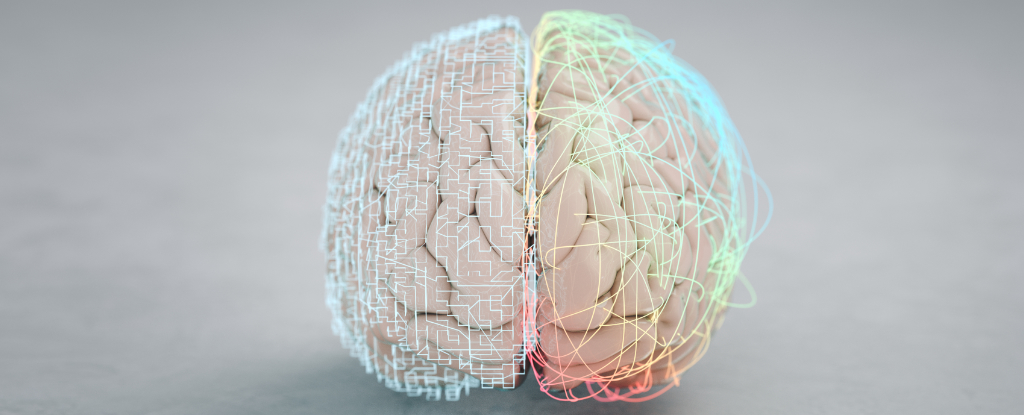There’s a new way in which going to space could mess with the human body.
A study on rats in simulated space environments suggests that being weightless and exposed to space radiation unprotected by Earth’s atmosphere could have a deleterious effect on the vascular tissues associated with erectile dysfunction.
Even more than a year after the experiment, the rats showed signs of erectile dysfunction – and the culprit seems mostly to be the galactic cosmic radiation streaming through space.
“While erectile dysfunction affects more than half of men over the age of 40 and represents an important factor for life satisfaction, the consequences of space travel on erectile function are still obscure,” write a team led by physiologist Manuella Andrade of Florida State University.
“These findings indicate that simulated spaceflight exerts a long-term impairment of neurovascular erectile function, which exposes a new health risk to consider with deep space exploration.”
Since our very first ancestors came together from pieces of nucleic acid in the primordial ooze, humanity has evolved in the Earth environment.
Over hundreds of millions of years, all we’ve known is Earth’s gravity, and the stringent protection from cosmic radiation afforded by our beautiful, wonderful atmosphere.
Although we’ve been going to space for decades now, it’s barely an eyeblink of time compared to how long we’ve spent thriving in very specific conditions.
In space, in microgravity, in a radiation environment, human physiology starts going awry. Effects like bone and muscle density loss, fluid redistribution, increased cancer risk, and excess flatulence have all been documented or studied.
Scientists have even been investigating how pregnancy and birth might play out in a space environment. But sexual health is an area that, according to the research team, has been neglected.
“To our knowledge,” the researchers write, “this study is the first investigation into the effects of real or stimulated [sic] spaceflight on tissues relevant to erectile function.”
Their investigation was conducted on 86 adult male rats, which were divided into six randomized groups. Each of these groups was subjected to simulated space conditions, or control conditions.
Hindlimb unloading, where the rats are suspended unnaturally, was used to mimic microgravity; and NASA’s Space Radiation Laboratory was used to treat the rats to varying doses of simulated galactic cosmic radiation.
Then, the team monitored the effects on the veins and arteries that supply blood to the penis. They found that both simulated microgravity and simulated cosmic radiation both had an effect; but that cosmic radiation was the biggest problem, up to 13 months later.
“The most deleterious alterations to vascular reactivity were produced primarily by galactic cosmic rays, which were observed after a prolonged recovery period following simulated spaceflight,” the team writes.
“Collectively, these results suggest that neurovascular function of the erectile tissues may be impaired throughout the remainder of the astronauts’ sexual health span following return to Earth from prolonged deep space exploration.”
But the researchers also found that these effects could be reversible.
As physiologist and urologist Justin La Favor of Florida State University explains, “While the negative impacts of galactic cosmic radiation were long-lasting, functional improvements induced by acutely targeting the redox and nitric oxide pathways in the tissues suggest that the erectile dysfunction may be treatable.”
And all hope is not lost for space babies. As retired NASA astronaut Mike Mullane told Men’s Health in a 2014 interview of his time in space, “A couple of times, I would wake up from sleep periods and I had a boner that I could have drilled through kryptonite.” Welp.
The research has been published in The FASEB Journal.





